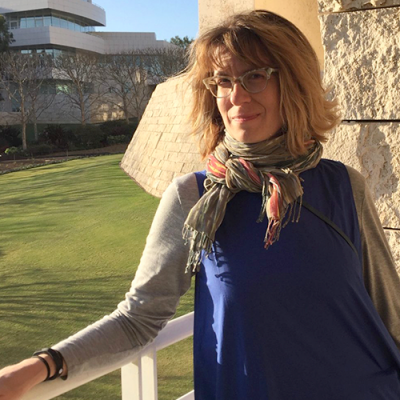Thursday, September 22, 2016
Hartford, CT
It’s finally upon us! The Presidential election we’ve been digesting and debating for over a year is ready to commence and there’s still so much to talk about. Please join UConn President Susan Herbst, along with faculty panelists Paul Herrnson, Micki McElya, and Michael P. Lynch for a discussion and question and answer session about the upcoming election. (For information on our panelists, please click more info next to their names in the left column)
The event will begin at 5 p.m. with refreshments and networking. At 5:30 p.m.the formal program will open.
To RSVP online for this event, please click “New Registration” in the top left-hand corner of the page. All are welcome! We look forward to seeing you there.
Questions? Please contact University Events & Conference Services at rsvp@uconn.edu or by calling (860) 486-1038.
https://www.eiseverywhere.com/ehome/index.php?eventid=197703&
 Alexis L. Boylan, Associate Professor, (Art & Art History and Women’s, Gender, & Sexuality Studies).
Alexis L. Boylan, Associate Professor, (Art & Art History and Women’s, Gender, & Sexuality Studies).
